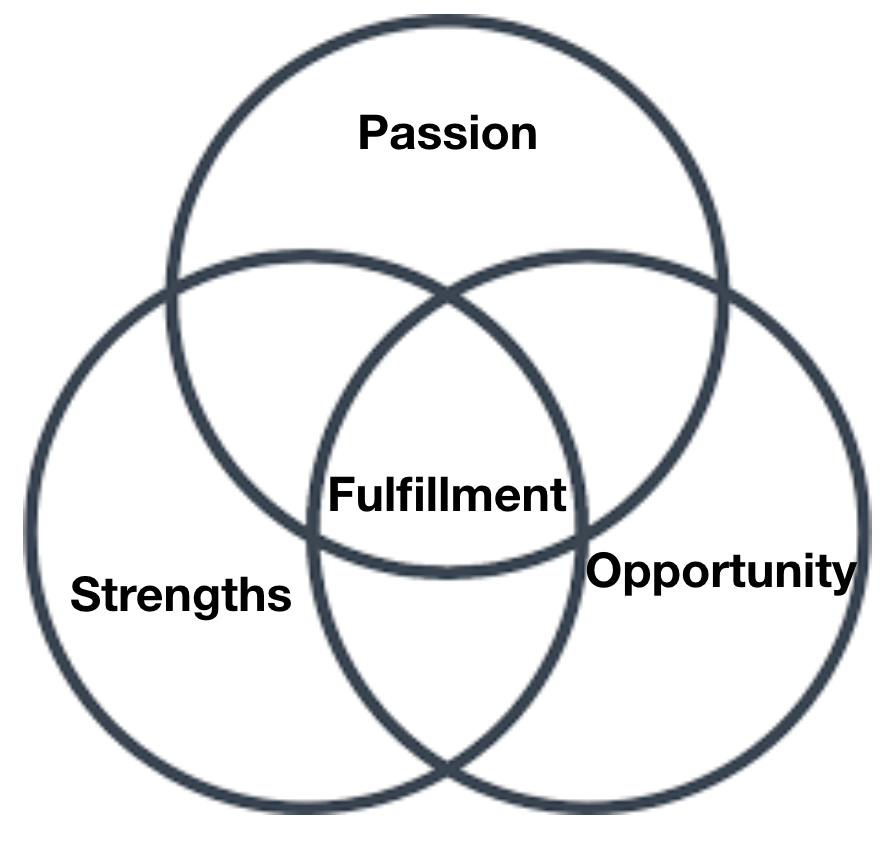Whether you are launching a company, choosing an education path, or starting a career, you will experience some form of fear. Here’s how I leveraged this feeling to serve me instead of stall me.
I’d never had more market data, more experience, or more talent behind me than when I set out to start a company to help people use their calendar. Yet, I’d never been more afraid.
I knew there was a huge opportunity to build a better productivity platform. Knowing data are critical to identifying opportunity, we researched in depth everything about Google Calendar and Yahoo Calendar, two of the most commonly used calendars. Part of feeling comfortable with jumping into a new area is knowing everything you can about the biggest players in the industry. Don’t be afraid, be educated about anything you can that can influence your success. We not only researched the leading tools, but also published content with the details of using these tools.
So what was I so worried about? I was doing my research and I founded companies before. But I worried that leaving my stable role as a CEO could be the end of my career — or at least the beginning of its end. The opportunity was ripe, my survey data showed, but was it right for me?
To find out, I turned to my peers – other founders. Through speed-dating sessions at conferences, cold calls, and even dinner conversations, I mastered the informal focus group. More than one suggested that, in addition to my conversations, I fill out the following Venn diagram that describes fulfillment as the overlap between opportunity, strengths, and passion:

I knew that if I founded the new company, I’d have the opportunity circle covered. Granted, fear is no substitute for facts and information, but it’s an effective sidekick. To understand whether a new career opportunity move might put you at the center of those circles, consider the following advice:
When in doubt, consult the data. At my prior company, I was constantly worried about whether my talents measured up. I’d founded a content marketing firm, yet I was neither a marketer nor a writer. Until the data showed that 70 percent of our sales stemmed from events I attended, I didn’t put much stock in my sales and networking skills. The data proved to me that I was good at what I did.
When we feel fear, our instinct is to back away from its source. But anxiety’s root is in our animalistic amygdala, which can’t distinguish work challenges from actual danger. Avoiding spiders and snakes because we’re afraid of them keeps us alive; avoiding ambiguous opportunities because we’re afraid of them does not.
Let fear lead you to your unknown unknowns. While I could use data to confirm my strengths and my opportunity, data can’t suggest something we don’t know to ask it. These are our “unknown unknowns.” Fear, however, can lead us to ask the right questions. In her book First, We Make the Beast Beautiful, Sarah Wilson explains, “[Anxiety] forces us to do the journey. And only then [when we’ve finished] can we see what we were looking for.”
Until recently, my unknown unknown was passion. I’d studied accounting in college and sold content services in the past, not because either was my passion, but because they were opportunities I discovered I was good at.
So why couldn’t I find my passion? Because it was hidden somewhere I’d never have thought to look without anxiety’s help. When my wife proposed having a third child, I worried that I already wasn’t making enough time for my family. My anxious search for a solution showed me how strongly I felt about carving out time for the important relationships in my life, and how much I wanted to help others do the same.
Don’t follow every fear. Of course, not everything we fear hints at a hidden passion or strength. In fact, you can safely ignore most fears. Even though public speaking is part of my job, for instance, striking up one-on-one conversations is just as scary as ever.
It’s critical not to confuse those “of the moment” stressors with existential unease. Just because something makes you uncomfortable doesn’t mean that it’s pointing you toward your hidden passion. Stanford University research recently published in Psychological Science found that mantras like “follow your passion” can give people the false impression that following a passion doesn’t involve discomfort. Pursuing any passion, opportunity, or even strength usually means pushing yourself into uncertainty.
To know whether a fear is worth following, compare its context and message. For example, when we’re anxious after a long day of work, it’s usually because we need a break. But when anxiety is trying to show us something, the message will be more like what Wilson describes: “a sense that we haven’t gotten where we’re meant to be.”
If this new company isn’t where I’m meant to be, I’m convinced it’s close. But I didn’t jump into it on a whim: I harnessed my fear to quantify my opportunity, see my own strengths, and even spot my passion. I still fear that I’ll fail — but my fear has yet to fail me. To the contrary, it’s kept me aware when the stakes were highest: choosing a new future for my team, myself, and my family.